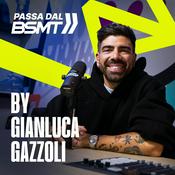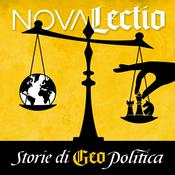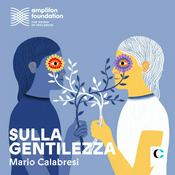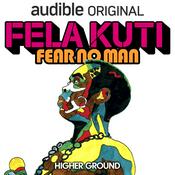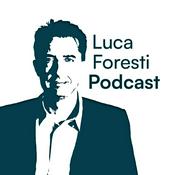583 episodi
- "Fighting crime" is often used as a justification for many of the Trump administration's policies — from mass deportations to its actions in Venezuela to its crackdown in Minnesota — despite the fact that crime is at a historic low, and has been falling for decades. We talk to Meg Anderson, NPR’s criminal justice correspondent, about how that taps into Americans' disproportionate fears about crime, and how that makes scenes like what we see in Minneapolis possible.
Learn more about sponsor message choices: podcastchoices.com/adchoices
NPR Privacy Policy - To the casual observer, it might seem like the U.S. has spent years in a constant state of protest — and they’re only getting more intense under the second Trump administration. So we’re revisiting our conversation with Gloria J. Browne-Marshall, the author of “A Protest History of the United States” about what forms of protest have worked in the past, and what lessons people can take from those protesters.
Learn more about sponsor message choices: podcastchoices.com/adchoices
NPR Privacy Policy - What does the humble, boring quarter-zip sweater have to do with respectability politics and Blackness? Apparently, a lot! When two young Black men on TikTok brought the quarter-zip into vogue for young folks, they unknowingly waded into some very long-lived discourse on Black fashion and looking "respectable." Today on the pod, we chop it up with Jonathan Square, professor of Black visual culture at Parsons School of Design, about Black fashion, and what's happening more broadly to make this pretty plain sweater the "it" garment.
Learn more about sponsor message choices: podcastchoices.com/adchoices
NPR Privacy Policy - Sanctuary policies have been described on both sides of the aisle as protecting immigrants. But in many ways, in practice, they have given rise to a specific kind of policing that gives ICE a much wider reach than it might otherwise have. We talk to anthropologist Peter Mancina, who is the author of a recent book, On the Side of Ice: Policing Immigrants in a Sanctuary State about his on-the-ground research embedding with police in New Jersey.
Learn more about sponsor message choices: podcastchoices.com/adchoices
NPR Privacy Policy Freedom through the eyes of foes: Rev. Martin Luther King and Sen. Barry Goldwater
17/01/2026 | 22 minIn honor of MLK Day, we sit down with historian Nicholas Buccola, author of One Man’s Freedom, to re-examine the concept of "freedom" by comparing the legacies of Reverend Martin Luther King Jr. and conservative politician Barry Goldwater. In our conversation, Buccola reveals the profound gulf between Goldwater's abstract view of freedom and King's focus on the daily fight for dignity and individual liberty– and he helps us understand what this historical battle can teach us about the fight for freedom today.
Learn more about sponsor message choices: podcastchoices.com/adchoices
NPR Privacy Policy
Altri podcast di Cultura e società
Podcast di tendenza in Cultura e società
Su Code Switch
What's CODE SWITCH? It's the fearless conversations about race that you've been waiting for. Hosted by journalists of color, our podcast tackles the subject of race with empathy and humor. We explore how race affects every part of society — from politics and pop culture to history, food and everything in between. This podcast makes all of us part of the conversation — because we're all part of the story. Code Switch was named Apple Podcasts' first-ever Show of the Year in 2020.Want to level up your Code Switch game? Try Code Switch Plus. Your subscription supports the show and unlocks a sponsor-free feed. Learn more at plus.npr.org/codeswitch
Sito web del podcastAscolta Code Switch, Passa dal BSMT e molti altri podcast da tutto il mondo con l’applicazione di radio.it
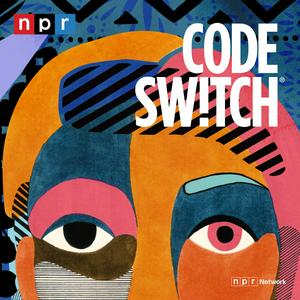
Scarica l'app gratuita radio.it
- Salva le radio e i podcast favoriti
- Streaming via Wi-Fi o Bluetooth
- Supporta Carplay & Android Auto
- Molte altre funzioni dell'app
Scarica l'app gratuita radio.it
- Salva le radio e i podcast favoriti
- Streaming via Wi-Fi o Bluetooth
- Supporta Carplay & Android Auto
- Molte altre funzioni dell'app


Code Switch
Scansione il codice,
scarica l'app,
ascolta.
scarica l'app,
ascolta.

